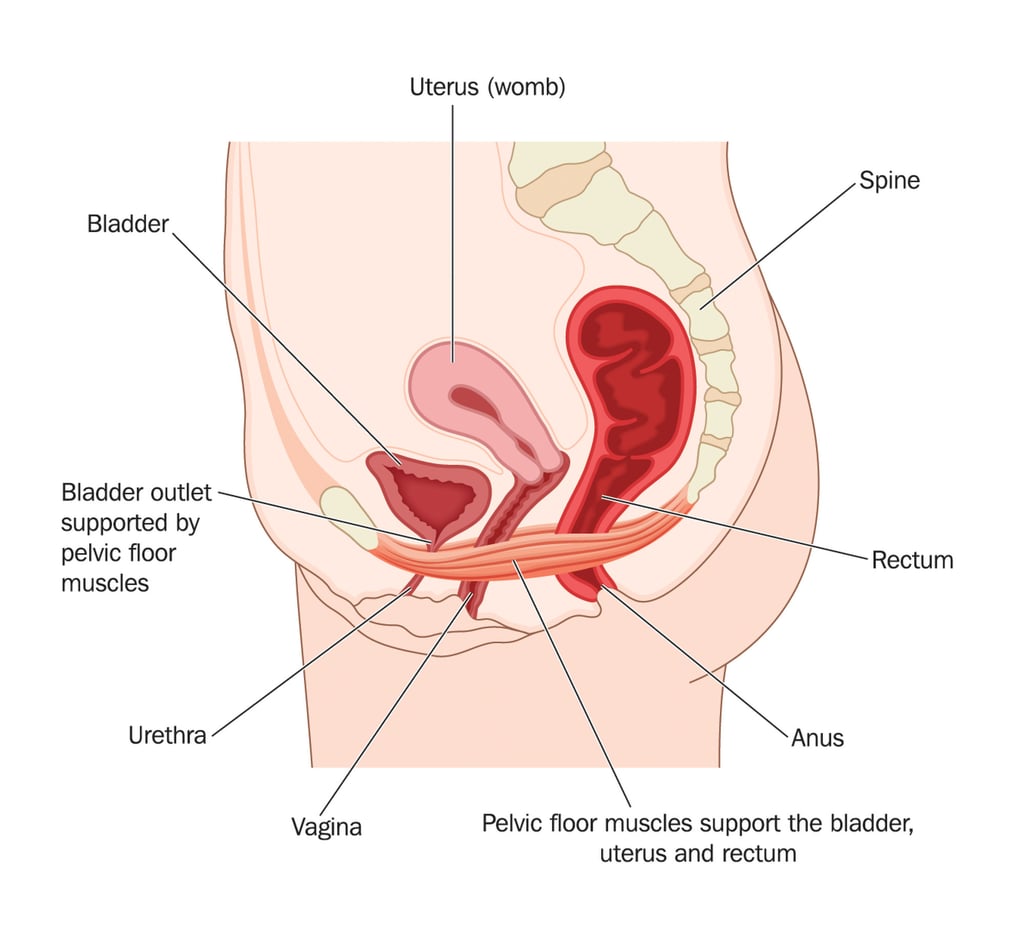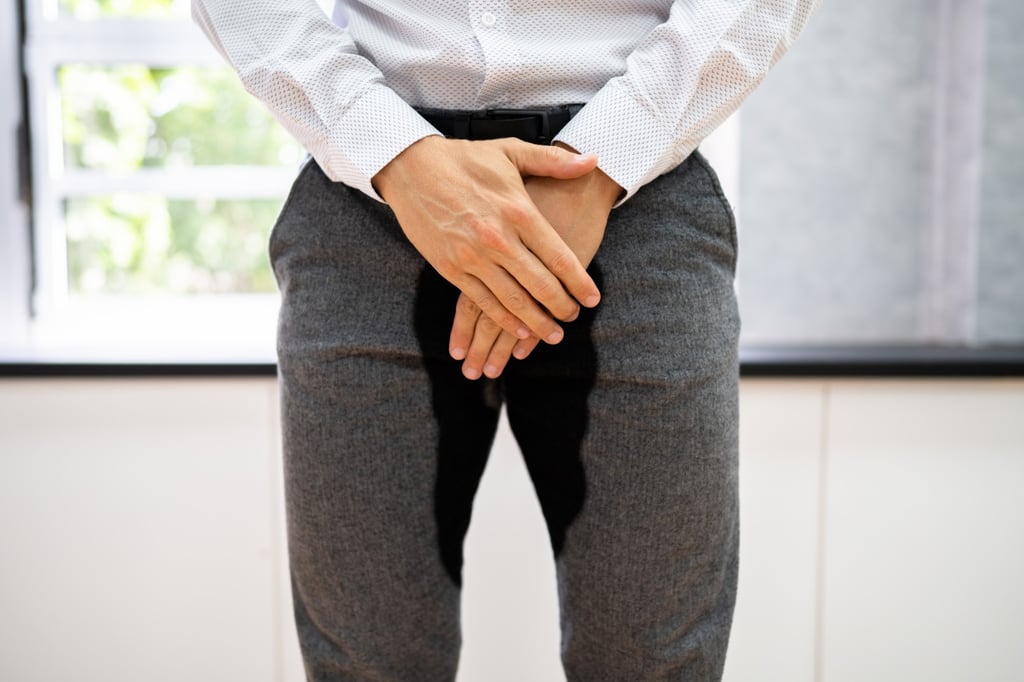Explainer | Do you wet yourself uncontrollably? Don’t suffer in silence – your pelvic floor muscles could be the problem. What they do and how to strengthen yours
- The pelvic floor is a muscle group that supports the bladder, bowel, and reproductive organs. Problems with them can develop, affecting men and women of any age
- Cycling, weightlifting, childbirth, constipation, and even coughing can affect the pelvic floor, while walking and squatting can help strengthen it

Most of us, even those who snoozed through science class, can name at least a few major muscle groups, such as our quads, glutes, and abs. But one of the most critical muscle groups – the pelvic floor muscles – may be the least talked about.
Yet they affect key functions like bladder control, balance and mobility, and even sexual pleasure.
What is the pelvic floor?
Pelvis comes from the Latin word for basin, and that’s essentially what the pelvic floor is: a group of muscles that cups the base of the torso, like a hammock or a sling, and supports organs like the bladder, bowel, and in women the uterus and vagina.

Even with an occasional shout out from celebrities like Gwyneth Paltrow, who touted the importance of strengthening the pelvic floor on her online platform Goop, few understand what the pelvic floor muscles do.
“You can’t see these muscles. It’s not like your bicep where you’re like, OK, I see my elbow move, I see [the muscle] relax, I see it contract,” says Aislinn MacPhail, a pelvic floor physiotherapist at Momentum, an injury rehabilitation clinic in Hong Kong.
